We Are Not Numbers is welcoming its new “class” of promising Palestinian young writers in the Gaza Strip. The 24 writers are enjoying their orientation workshops and will be assigned their international mentors soon, starting their journey of writing their own history.
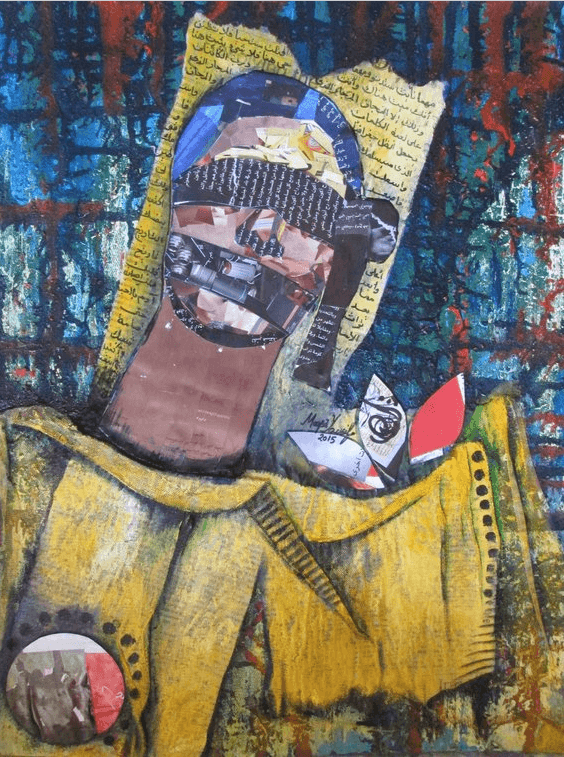
Theater and self expression: a way to cope with trauma
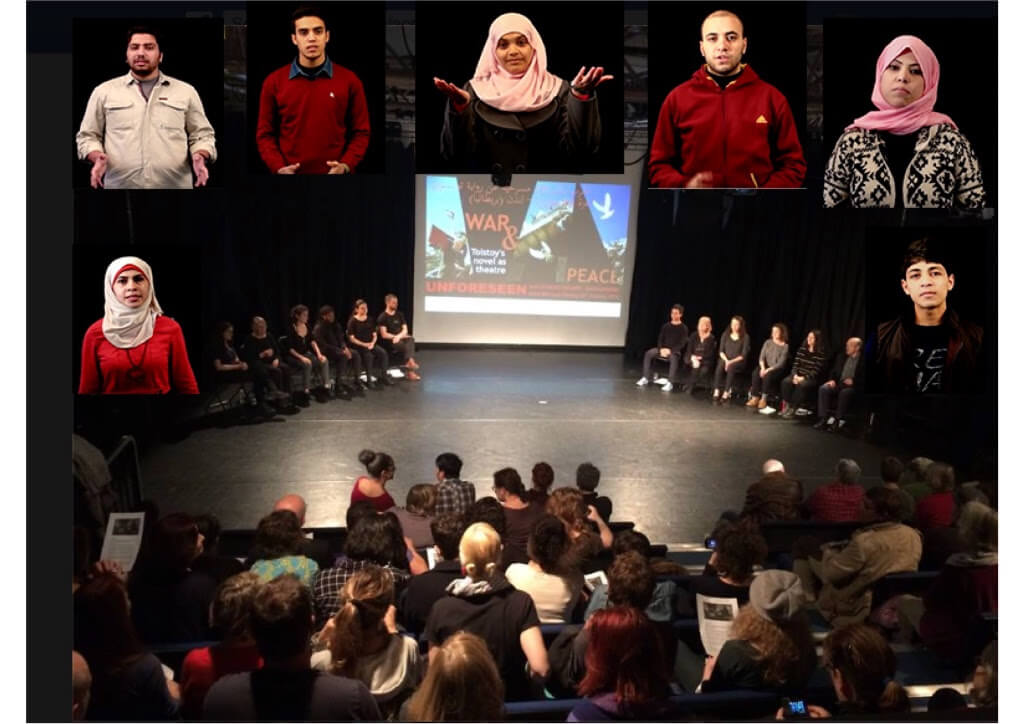
In cooperation with Gaza’s Theater for Everybody, seven of our writers recently participated in a drama workshop led by Hossam Madhoun and Jamal Rozzi. Theater is a rarity in Gaza, so this was a special treat — an opportunity to explore another mode of self-expression. The workshop culminated in an exchange with London’s Az Theater.
The workshop helped our writers discover a new way of self-expression: spoken-word. Enas Ghannam’s video “I was born blind” is the first product of this workshop, sending a powerful and beautiful message of a human longing to break free. Watch hers and the series of others to follow.
I was born blind, but that was ok, for everyone my age was born blind too. My father and mother said they had sight once; and they kept telling me stories about what life was like then: fairytales about people they saw, places they visited, flowers of every color possible but black, but I never understood what they were talking about.
I was born blind, but that was ok, because you don’t miss what you don’t have. But my parents seemed to, for they kept talking about mountains they climbed, forests they passed through, rivers they camped beside, and lots and lots of things that you and I know are no longer true.
Recently I’ve been having strange dreams. I see myself looking at the sky, but it is not black anymore. Someone or something gave it this … this amazing color. But that is not all; I see myself dancing, painting, singing; I’m holding my passport, waiting in line to travel; I’m riding in my car with my friends to visit a city of my country, using only a map for directions; I’m acting in a theater; I’m writing stories; I … I’m happy; I’m different; I’m alive. Then suddenly… black comes back.
I remember I was born blind. But for the first time, it is not ok.
Palestinians in Lebanon, struggle and sumud
Palestinians in Lebanon face a different kind of challenge. Although they are not under direct Israeli occupation, they still suffer from the consequences of being Palestinian refugees. In “Because you’re Palestinian,” Hamid El-Darwich shares a compelling firsthand experience of sumud (steadfastness) and struggle for education and a better life.
Huda Dawood writes a touching tribute to her father, a Palestinian from Gaza who left for Lebanon when he was just 17 to become a freedom fighter. He returned 45 years later, and found his final resting place. Read “My father: at last, no longer a refugee.”
I remember one night when I had a fight with my brother and I didn’t want my father to know. I locked my room and cried a lot, then washed my face and sat a distance away my from my dad. I was thinking that due to his poor eyesight and the darkness, he couldn’t see I had been crying. I won’t forget how he said, “you think I am too old to see your tears, but I can still feel them, dear!” I couldn’t help then but hug him and cry some more.
Exploring what Palestinians go through on daily basis, especially in Lebanon, Aya Ibrahim asks and discusses the question, “Being Palestinian: blessing or curse?”
A year and a half later, war legacy still lingers
War is never over. While fighting comes to a halt, internal wounds are hard to heal. Shrouq Aila recalls comforting herself and her brother as Israeli warplanes invaded Gaza’s sky during the last Israeli assault. “Counting Israeli warplanes in a starless sky,” a story of fear, love, loss and hope.
A loss to one is a loss to all; “you are forever on my mind.” This is the message that Nada Hammad sends in her touching story, “Letters to a dead boy.” Nada addresses her neighbor, a young soul who was snatched from this world by the Israeli war machine a year and a half ago.
Healing through art
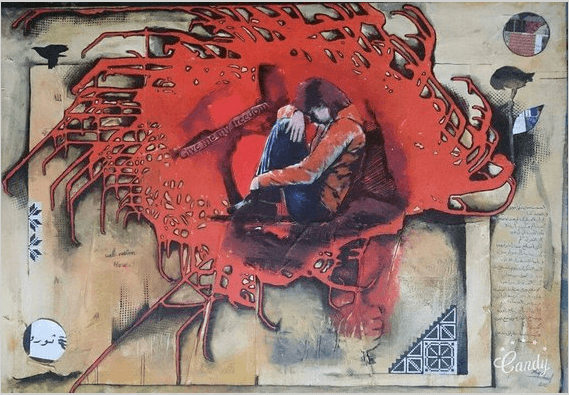
When constantly facing political conflicts, military assaults and a crippling economy, one becomes an easy victim of trauma and depression. One of the vehicles Gazans use both to heal and resist is art. In “Newspaper clippings to twine: creating art from the mundane,” Pam Bailey, international director of Not Numbers, writes the story of Maysa Yousef, a nurse and artist.
Want to help keep this project going? Please share these stories with others! You also can donate, or contact us to discuss a speaking opportunity.
A project of Euro-Med Monitor of Human Rights.

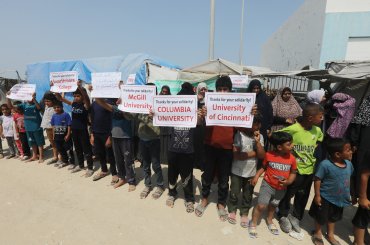
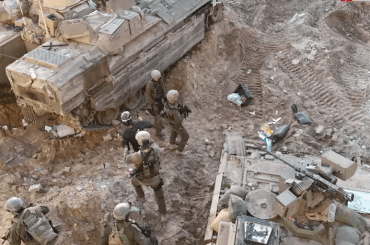
So heartbreakingly tragic and such beautiful writing.
Beautiful. Achingly so.